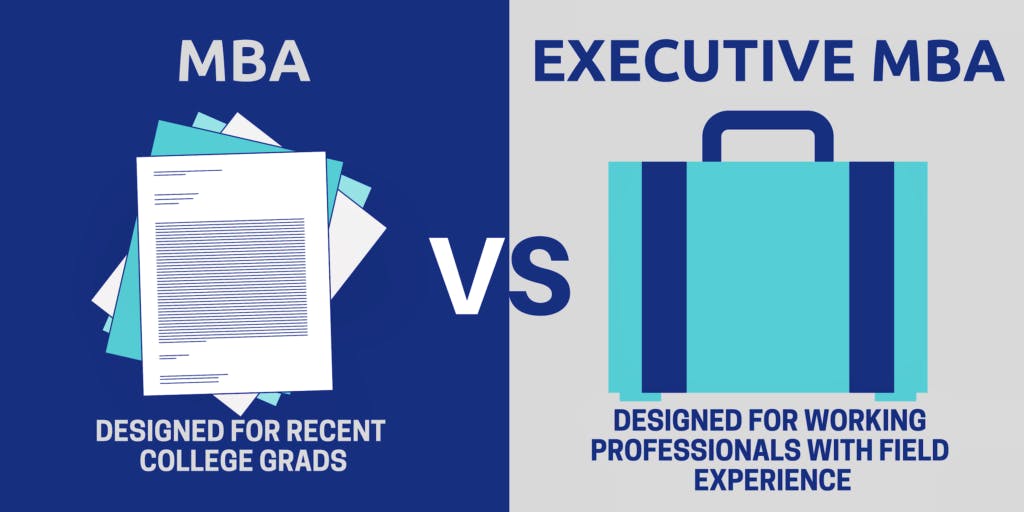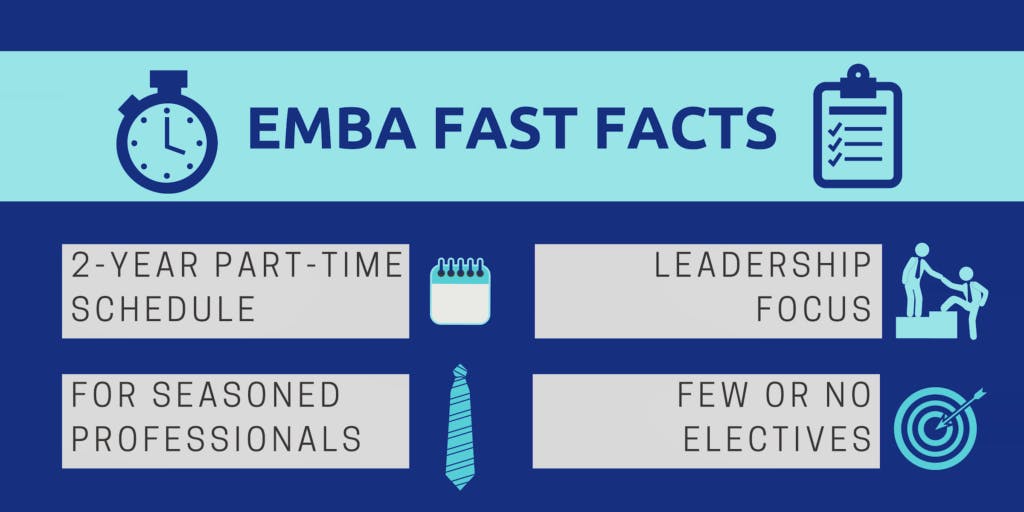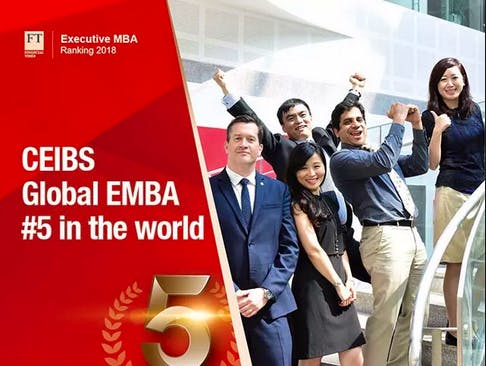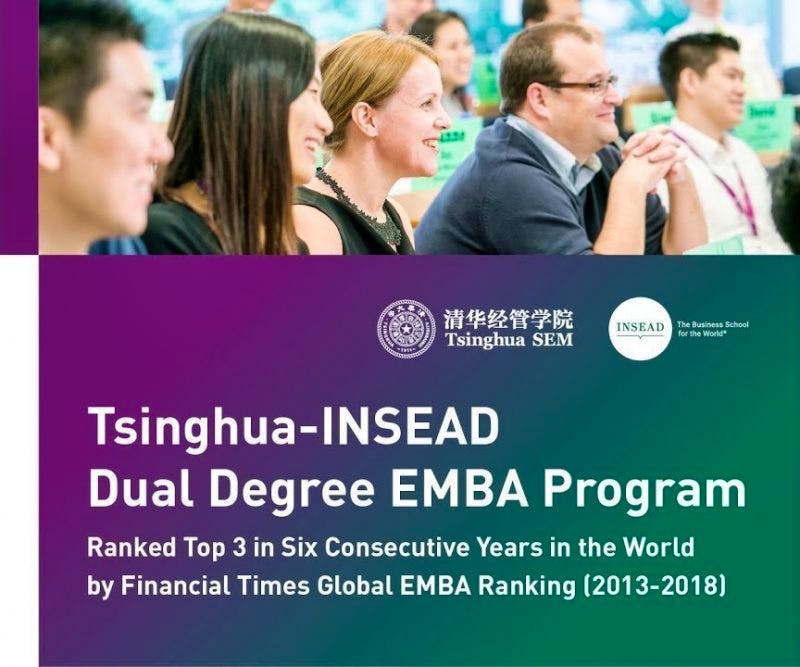Are you looking to redefine your leadership skills, build a powerful network of like-minded people, and accelerate your professional development? If your answer is YES, then an Executive MBA (EMBA) is the perfect program for you!
For the longest time, business professionals have turned to conventional MBA to advance their degrees. However, the trend is shifting with the EMBA now becoming a go-to program for many professionals who want to pursue an MBA while keeping their full-time jobs.
In a survey commissioned by EMBAC, the number of applications to EMBA programs was 31.6% higher in 2019 than in 2015. But is an executive MBA worth it and why should you choose it over the regular MBA?

What is an executive MBA program and how is it different?
The executive MBA is a program designed based on the needs of experienced business people who want to move forward with their careers while pursuing graduate education. This is one of the key features that set apart the EMBA program from the regular MBA. Other differences include:
- In the EMBA program, the path of study usually focuses more on the nuances of business rather than business basics.
- The EMBA and regular MBA have more or less the same course curriculum. Except that in the EMBA program, there are limited elective courses to none.
- Since EMBA students usually attend classes in the evenings or during the weekends, class sessions are usually longer and more fast-paced compared to the regular MBA.
- While the regular MBA prepares a professional to enter a managerial position, the EMBA trains a current leader and transforms him into an effective manager.
Most students of the EMBA are executives, senior managers, and entrepreneurs. According to the Executive MBA Council (EMBAC), a nonprofit coalition of business schools offering EMBA, the average age of an EMBA student is 38 years old with 14 years of total work experience, nine years is spent on the managerial level.
Significant Benefits of the EMBA Program
- unique credibility in the business environment, allowing you to find career opportunities in a wide range of industries
- executive MBAs are recognized everywhere, and companies acknowledge the program’s value
- according to the 2019 EMBAC Student Exit Survey, post-graduation from the EMBA program, many professionals received a 13.5% increase in salary
- 40% of EMBA students were promoted during the course of their study
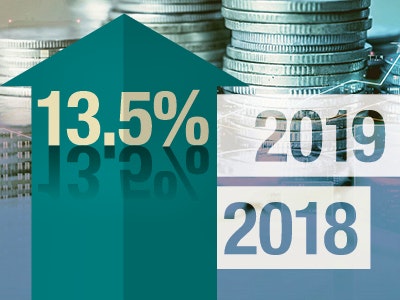
Executive MBA in China
Every year, many Chinese business schools dominate the charts of leading international business publications for best executive MBA programs.
Some of the most notable schools that have top-ranking EMBA programs include CEIBS, Tsinghua-INSEAD, Shanghai Jiao Tong University: Antai, HKUST Business School, CUHK Business School, PKU-NSD EMBA and Fudan University School of Management.
Business schools in China offer quality business education in a dynamic and exciting environment that is intellectually and culturally stimulating. Most of all, Chinese business schools open a world of opportunities.
The executive MBA program can be very demanding but it can also be rewarding. If you want to polish your business skills, achieve a goal in the quickest possible time or change your perspective about business, it’s time to look for an EMBA program.
- 5 Tips to Get a Scholarship in China this 2024? - February 15, 2024
- 3 Steps to a Great Personal Statement for a Chinese University 2024 - February 12, 2024
- 8 Apps To Learn Chinese Online For FREE in 2024 - January 31, 2024

